Search
Search Results

Definition
Ogham
One of the stranger ancient scripts one might come across, Ogham is also known as the 'Celtic Tree Alphabet'. Estimated to have been used from the fourth to the tenth century CE, it is believed to have been possibly named after the Irish...
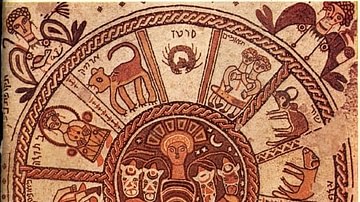
Definition
Western Astrology
Western astrology refers to a form of divination based on the motion of astronomical objects such as stars or planets. The belief that astronomical objects are divine or influence events on Earth is found in many cultures, but the practices...
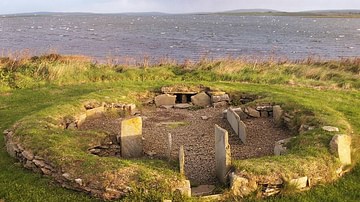
Definition
Barnhouse Settlement
The Barnhouse Settlement is a Neolithic village located in Antaness, Orkney, Scotland, which was inhabited between c. 3300 and 2600 BCE. The present designation of 'Barnhouse' comes from the name of the farmland on which the village was discovered...

Article
Ancient Egyptian Science & Technology
The great temples and monuments of ancient Egypt continue to fascinate and amaze people in the modern day. The sheer size and scope of structures like the Great Pyramid at Giza or the Temple of Amun at Karnak or the Colossi of Memnon are...
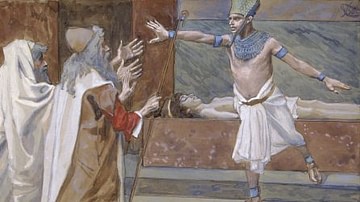
Definition
Ten Plagues of Egypt
The story of the ten plagues of Egypt is found in chapters 7-12 of the Book of Exodus. The story depicts the natural disasters sent by the God of Israel to convince Pharaoh to let the Hebrew slaves leave Egypt. The narrative purpose of the...
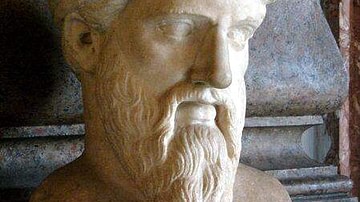
Definition
Pythagoras
Pythagoras (l.c. 571 to c. 497 BCE) was a Greek philosopher whose teachings emphasized the immortality and transmigration of the soul (reincarnation), virtuous, humane behavior toward all living things, and the concept of "number" as truth...
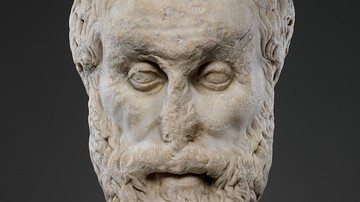
Definition
Pre-Socratic Philosophers
The Pre-Socratic Philosophers are defined as the Greek thinkers who developed independent and original schools of thought from the time of Thales of Miletus (l. c. 585 BCE) to that of Socrates of Athens (470/469-399 BCE). They are known as...

Definition
Adam Smith
Adam Smith (1723-1790) was a Scottish philosopher, economist, and leading Enlightenment figure. In The Wealth of Nations, he advocates free trade and limited interference in markets by governments, for which he is seen as the founder of liberal...

Definition
Brahmanism
Brahmanism (also known as Vedic Religion) is the belief system that developed from the Vedas during the Late Vedic Period (c. 1100-500 BCE) originating in the Indus Valley Civilization after the Indo-Aryan Migration c. 2000-1500 BCE. It claims...

Definition
Gottfried Wilhelm Leibniz
Gottfried Wilhelm Leibniz (1646-1716) was a German polymath who became well-known across Europe for his work, particularly in the fields of science, mathematics, and philosophy. Leibniz's rationalist philosophy attempted to reconcile traditional...